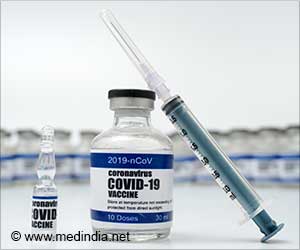“Relapse in addiction is often precipitated by heightened attention-bias to drug-related cues, which could consist of sights, smells, conversations, anything that reminds someone of their previous drug use,” said lead author Muhammad A. Parvaz, PhD, Assistant Professor of Psychiatry and Neuroscience, at the Icahn School of Medicine at Mount Sinai.
Cocaine addiction is a recognized treatment-resistant disorder due to chronic use of a powerful central nervous system stimulant substance that poses serious health risk and causes attention bias, a risk factor for relapse is becoming an epidemic nationally and globally.
using cognitive reappraisal, the individuals are trained to self-regulate (thereby engaging the prefrontal cortex) the emotional response that disrupts the habitual enhanced attention allocation to drug-related reminder in individuals with cocaine use disorder.
This study provides a framework for using readily deployable cognitive behavioral and personalized intervention strategy for drug addiction and pathway for future research in empirically-validated neuroscience-based interventions for drug addiction.
Source: Medindia



